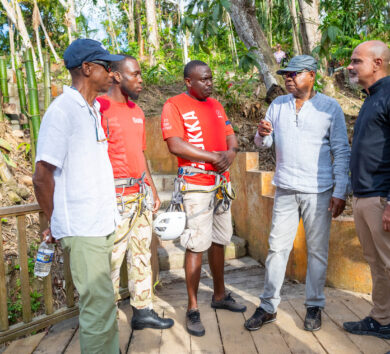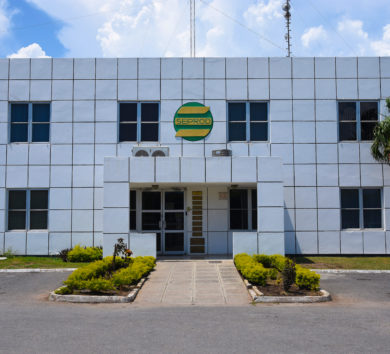

By Terise Kettle
The passage of Hurricane Melissa, Jamaica’s most powerful storm on record, has left a profound imprint on the nation’s economic landscape. With estimated damage exceeding US$8 billion, representing nearly one-third of GDP, the Category 5 hurricane disrupted key sectors including agriculture, distribution, tourism, infrastructure, and logistics. Yet, amid the devastation, Jamaica’s capital markets have demonstrated notable resilience.
According to the Bank of Jamaica (BOJ), the financial sector remains well-capitalised and liquid, with stress tests confirming its ability to absorb credit, liquidity, and market shocks. While non-performing loans are expected to rise due to weakened household and business cash flows, historically low NPL ratios and robust provisioning offer a buffer. Insurance claims will increase, but strong reinsurance coverage and low property insurance penetration in affected parishes mitigate solvency risks.
Market Sentiment and Sectoral Impacts
Investor sentiment has understandably shifted toward caution. Equities in tourism, agriculture, and construction have seen short-term volatility, while defensive sectors such as financial services and utilities have held steadier ground. BMI Research anticipates a GDP contraction of 3–6% peak-to-trough, with significant declines in agricultural output and tourism arrivals; particularly in Montego Bay, which bore the brunt of the storm.
The widening trade deficit, driven by increased food imports and reduced services exports, will pressure the Jamaican dollar. However, remittance inflows and catastrophe bond payouts (including the US$150M triggered by Melissa) offer external support.
Funding Strategy: What Companies Must Do Now
In this new post Melissa environment, companies seeking capital must recalibrate their funding strategies to align with investor expectations and macroeconomic realities. Here, we will discuss five (5) key imperatives:
1. Strengthen Climate Resilience Disclosures
Investors are increasingly scrutinizing climate risk. Companies should disclose their exposure, mitigation strategies, and insurance coverage. Environmental, Social and Governance (ESG) aligned issuances: such as green bonds or resilience-linked notes will attract capital from sustainability focused investors.
2. Prepare Robust Financial Forecasts
Lenders and equity investors will demand stress tested projections that account for supply chain disruptions, inflationary pressures, and recovery timelines. Sensitivity analyses and downside scenarios will continue to be essential especially as financiers operate with caution post this monumental catastrophe.
3. Diversify Funding Sources
Many financial institutions have published their willingness to support clients during the post Melissa recovery period. Traditional bank financing may tighten. Companies should explore alternative instruments such as private placements, mezzanine debt, and structured notes. Regional and international development finance institutions may offer concessional terms for climate and recovery linked projects.
4. Secure Asset-Based Collateral
Given heightened risk aversion, companies should prepare to pledge tangible assets (where possible) real estate, receivables, inventory—or even shares in subsidiaries. Updated valuations and clean title documentation will be critical.
5. Engage Early and Transparently
Investor confidence hinges on proactive communication. While many financial institutions are reaching out to their client in a bid to deepen relationships, companies should initiate early dialogue with potential funders, clearly articulating their recovery plans, governance structures, and capital needs.
Conclusion: A Capital Market Built for Recovery
Hurricane Melissa has tested Jamaica’s economic and financial systems, however, it has also revealed the strength of our capital market architecture. With prudent planning, transparent engagement, and strategic innovation, companies can not only secure funding but also contribute meaningfully to national recovery and long-term resilience.
At Barita Investments Limited, we remain committed to supporting our existing and prospective clients through this pivotal moment, mobilizing capital, structuring solutions, and building a future that is stronger, smarter, and more sustainable.
Terise Kettle is a career banker and problem solver







Comments